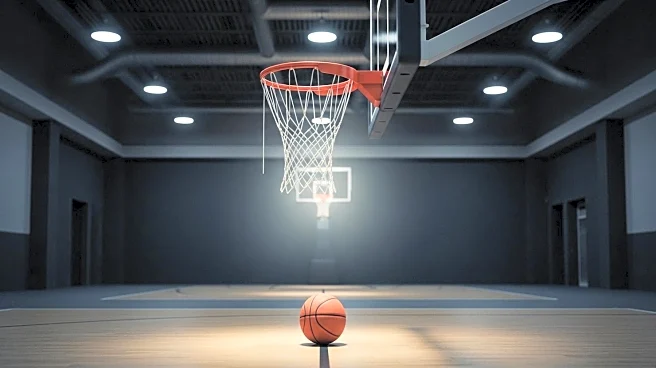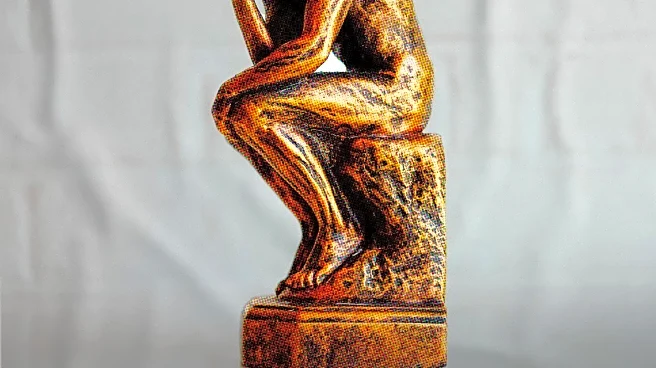What is the story about?
What's Happening?
Las Vegas Aces head coach Becky Hammon has expressed confusion over the decision to award A'ja Wilson the WNBA Co-Defensive Player of the Year title alongside Minnesota Lynx forward Alanna Smith. Both players received 29 votes from a panel of 72 national sportswriters and journalists, leading to the shared award. Hammon, known for her candidness, questioned the voting process and the rationale behind the co-award, highlighting her belief in Wilson's superior defensive capabilities. This marks Wilson's third time receiving the Defensive Player of the Year award, while it is Smith's first.
Why It's Important?
The decision to share the WNBA Defensive Player of the Year award has sparked discussions about the voting process and criteria used in determining award recipients. Hammon's comments underscore the competitive nature of professional sports and the importance of clear and decisive recognition for athletes' achievements. The shared award could influence future voting procedures and criteria, potentially impacting how players are evaluated and honored in the league. This situation also highlights the role of coaches in advocating for their players and shaping public perception of their talents.
What's Next?
As the WNBA playoffs continue, the performance of both Wilson and Smith will be closely watched, potentially providing further evidence of their defensive prowess. The league may consider reviewing its voting process to address the concerns raised by Hammon and others. Additionally, the shared award could lead to discussions among sportswriters and journalists about the criteria for such honors, possibly influencing future award decisions. Fans and analysts will likely continue to debate the merits of the co-award, adding to the narrative surrounding the players and the league.
Beyond the Headlines
The shared award raises questions about the subjective nature of sports awards and the challenges in quantifying individual contributions in team sports. It also highlights the potential for bias or inconsistency in voting processes, prompting discussions about transparency and fairness in sports journalism. The situation may encourage the WNBA to explore alternative methods for award determination, such as incorporating advanced statistics or player feedback. This development could lead to broader changes in how sports awards are perceived and valued within the industry.
















